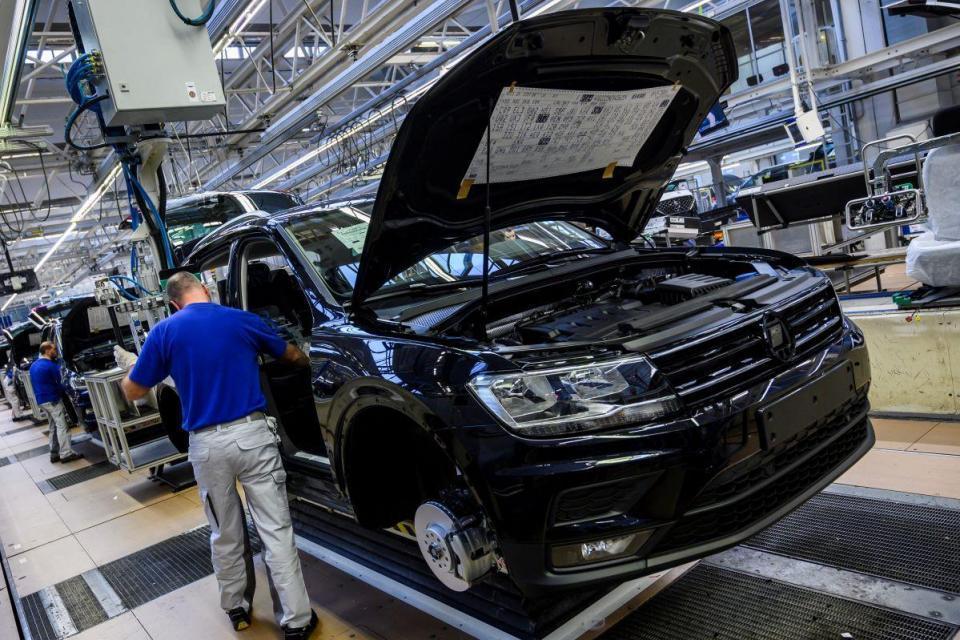Bottlenecks squeeze German output in December
FRANKFURT

Germany’s industrial production posted a decline in December 2021 by 0.3 percent versus the previous month, the country’s statistical authority said yesterday.
“Compared with December 2020, the decrease in calendar-adjusted production in industry amounted to 4.1 percent,” Destatis said in a press release.
German production was pulled down by a suffering construction sector, as Europe’s largest economy struggled to shake off the drag caused by widespread supply bottlenecks.
Over the whole of 2021, industrial output was 3 percent higher than in 2020, but still 5.5 percent lower than 2019, before the onset of the coronavirus crisis.
Production of capital goods was up 2.5 percent in December, while intermediate goods were up 0.6 percent. The production of consumer goods fell by 0.5 percent, and construction fell by 7.3 percent.
The poor figures in construction masked a result that was “not as bad as it looks at first glance,” as industrial output excluding energy and construction actually grew for the second month in a row, said Carsten Brzeski, head of macro at the ING bank.
“Despite these first positive signs, German industry remains in the stranglehold of global supply chain frictions,” said Brzeski.
Shortages of raw materials and components, which steadily increased over the course of 2021, meant that while order books for industry are full, production has struggled to keep pace.
Supply bottlenecks had cost industry about 70 billion euros ($80 billion) in lost added value last year, according to the economic think tank IfW Kiel.
The disruption caused by missing inputs was a “major reason why economic output in Germany was still behind its pre-crisis level” at the end of 2021, the think tank said.
Germany’s economy grew by 2.8 percent in 2021, according to figures published by Destatis in January.
















